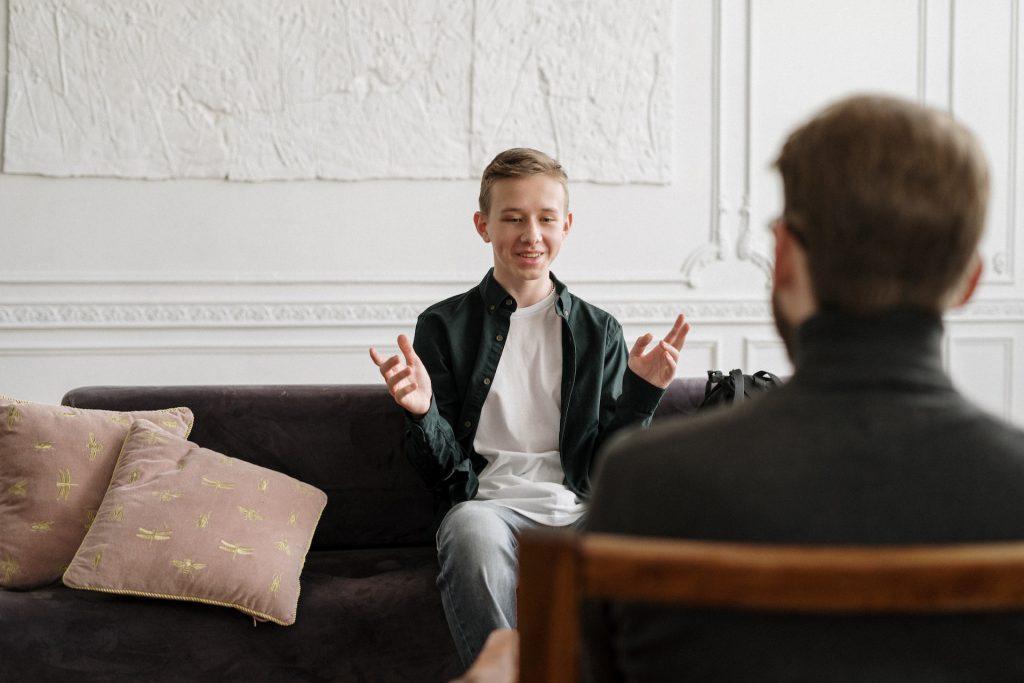What is mental training?
“Mental training is the sum of tools and methods that lead to the planned and continuous increase of mental performance.” – Mental trainer training

The term originally comes from the sports scene, so the german dictionary PONS defines mental training as follows: „(in high-performance sports:) psychological preparation for competition, in which the athlete imagines the competition under the guidance of a mental trainer and mentally deals with decisive situations, difficulties, etc.„
Thus, mental training – just like in sports – can help to mentally imagine a presentation or speaking in front of a large audience in advance in order to be prepared for the situation. This can also be applied to other life situations such as for own projects, plans and ideas, but also for challenging life situations such as life crises, creative blockades, stress, time and performance pressure.
One goal of mental training is also to overcome negative beliefs and attitudes that stand in the way of personal success and replace them with successful strategies.
The following well-known proverb illustrates the power of mental attitude:
Watch your thoughts, for they become words.
Watch your words, for they become actions.
Watch your actions, for they become habits.
Watch your habits, for they become your character.
Watch your character, for it becomes your destiny.
Areas of application
Areas that mental training can support and promote:





Choose your COACHING
There are several ways of coaching. Choose the one that suits you best.
Accompanied coaching
"My Life" Training
This one-year training, which can also be called a life path, contains a collection of techniques and methods from mental training, psychology and communication sciences.
About the training1 to 1 Coaching
You would like to have a personal coaching tailored to you, then...
... book an appointment
Self-Coaching
Article Collection (As of 2024)
In the future you will find here a collection of articles about psychology, mental training and neuroscience.
Book
Here you will find a collection of books on personal development in german, italian and english.
View allOnline courses (From 2024)
You can also find online courses on various important topics that can be done in the comfort of your own home. You want to stay up to date? Then sign up for the newsletter! My promise: Rare emails xD
Procedure of a coaching session
Step 1
Step 2
Step 3
Step 4
Step 5
Step 6
The strength of mental training is the relationship of honesty and openness. A mental coach does not patronize you, but accompanies you on your own personal life path.
What you can expect from me as a mental coach:
- Honesty and discretion
- Active listening (during the time we are given, I am there only for you)
- Motivation, inspiration, exercises and tools that promote change to achieve your goal.
- Regular review of the process and adjustments if necessary
What I expect from you as a trainee:
- Honesty (please let me know if something is not working for you and we will find something else together)
- The will to experiment, to confront and challenge yourself and your beliefs.
- Commit yourself to the mental training process (this means getting into action and not standing still, as this would be a waste of time for both of us)
This is not therapy, it is a chance to get to know yourself and become a better version of yourself. If together we discover deep-seated issues that need therapy (e.g., depression, eating disorders, addictions, or other persistent behaviors that are considered contradictory and certainly harmful), I will refer you to a therapist or ask you to contact one in your area.

